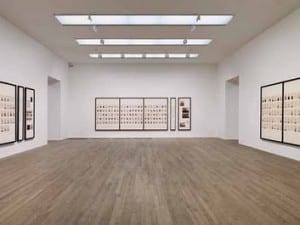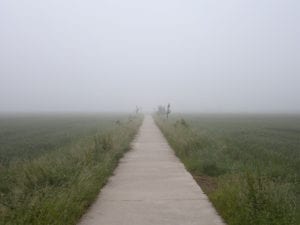Founded by activists Bobby Seale and Huey Newton in October 1966 in Oakland, California, the Black Panther Party immediately caused a tectonic shift in global politics and social justice. Born during the civil rights movement of the mid-1960s, the Black Panthers rapidly grew in popularity as a fightback against prejudice and police brutality. Whilst many of the images that we associate with the Black Panthers originated in America, the cause they were fighting for resonated across the Atlantic. This movement, that was felt on UK shores, is the subject of a new exhibition from photographer Neil Kenlock and curator Mattie Loyce with The Lost Legacies of the British Black Panthers.
In 1963, Kenlock emigrated to the UK from Jamaica, settling in London with his parents. Whilst the Black Panthers were gaining support across the USA, Kenlock began photographing the Windrush Generation and their fight for equality in Britain, eventually becoming the trusted photographer for the British Black Panthers (BPP). Later, Kenlock’s images, that documented the growing threat of fascism brought on by the National Front and the BNP alongside counter anti-fascist protests, made his work a vital snapshot for social justice in the 20th century.
The Lost Legacies of the British Black Panthers by Neil Kenlock is open now at Photofusion Brixton and 198 Contemporary Arts & Learning. Find out more here.
Lead image courtesy of: Untitled (Black Panther Movement demonstration against the Immigration Act), Nottingham, 1971 © Neil Kenlock / Courtesy of Autograph ABP, London. Supported by the National Lottery through the Heritage Lottery Fund.




